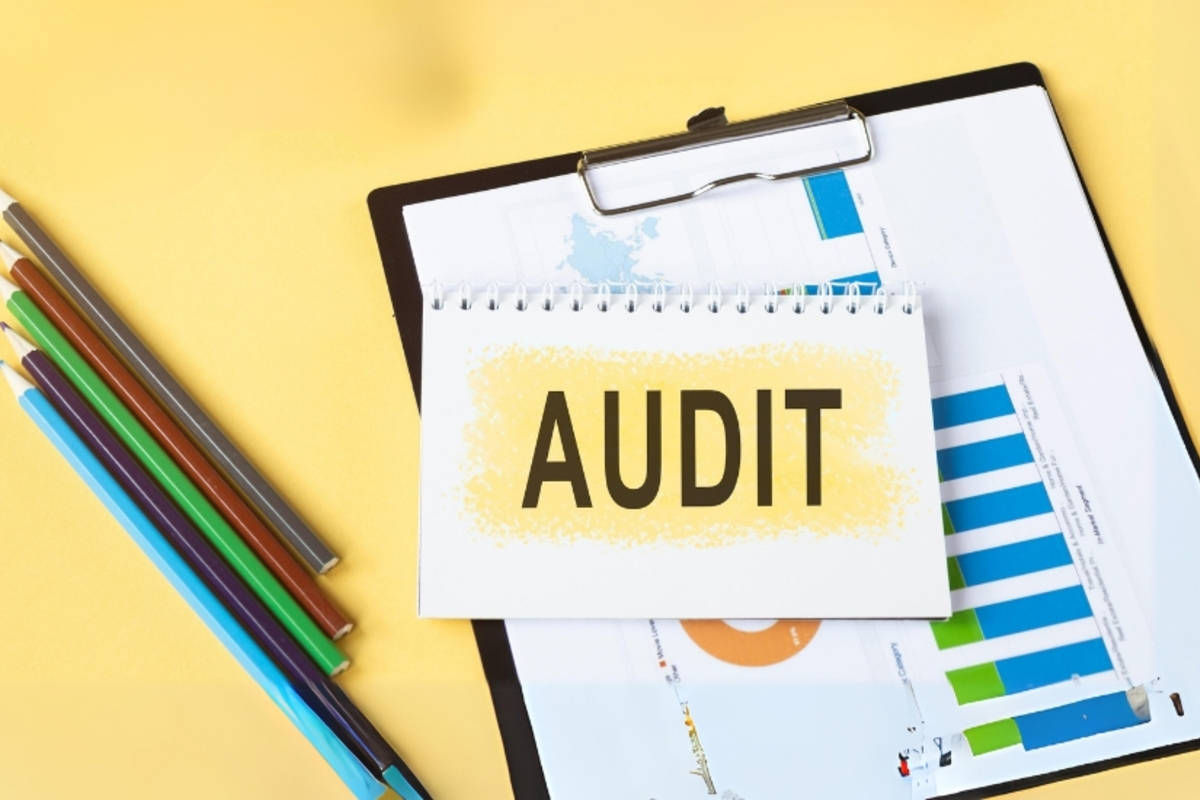An audit is one of the important instruments in maintaining transparency and accountability within an organization. The audit process helps ensure that the financial statements of a company or organization comply with generally accepted accounting principles.
Therefore, in order for this audit process to run smoothly, auditors must adhere to the guidelines established in the auditing standards.
This standard serves as a framework that guides auditors in carrying out their duties, ensuring that audits are conducted in a consistent, comprehensive manner and in accordance with internationally recognized principles.
If an audit does not have appropriate auditing standards, it will be quite difficult for the auditor to analyze the report results and form their audit opinion.
This article will discuss more about the definition of audit standards both in general and specific, the types, to the qualifications that must be met by an auditor and the difference with audit procedure.
Standart Audit Definition
Let's start with what audit standards are in general. These are guidelines used by auditors in carrying out their checking tasks.
The audit standard is a component designed to ensure that checks are conducted independently, objectively, and based on sufficient evidence.
By adhering to this standard, auditors are expected to provide an accurate and reliable opinion on the financial statements that are undergoing the verification process.
Specifically, audit standards are provisions established by bodies or professional accounting organizations, such as the Indonesian Institute of Public Accountants (IAPI) in Indonesia, or American Institute of Certified Public Accountants (AICPA) in United States
Some standards are also issued by multinational organizations such as International Federation of Accountants (IFAC) which sets the standard internationally.
3 Type Audit Standard

The types of inspection standards can be divided into three main groups: General Standards, Field Work Standards, and Reporting Standards.
Each of these groups encompasses various principles and rules designed to ensure that checks are carried out in an effective, efficient, and objective manner.
1. General Standard (General Standards)
General standards regulate the basic requirements that must be met by auditors before and during the audit process. These standards focus on professional competence, ethics, and the personal qualifications of the auditor.
This type has several components as follows.
Independency
Auditors must be independent both mentally and in appearance when conducting checks.
This independence means that an auditor must not have financial, personal, or business relationships with the audited entity that could affect their objectivity and professional integrity.
Professional Competency
Auditors must possess adequate knowledge, skills, and experience to effectively conduct checks on financial statements and performance.
This includes an understanding of accounting principles, auditing standards, and best practices applicable in the audited industry.
Due Professional Care
The auditor must carry out their duties with a reasonable level of care and precision. This means that the auditor should apply professional skills and sound judgment at every stage of the audit, from planning to reporting.
2. Field Work Standards (Fieldwork Standards)
Fieldwork standards regulate how report checks should be conducted in the field, including the collection of evidence, understanding of the audited entity, and supervision of the inspection team.
This standard focuses on the procedures and methods used by auditors to ensure that audits are conducted systematically and based on sufficient evidence.
Here are the components of the type. fieldwork standards.
Planning and Supervision
The audit must be well planned and the audit work must be properly supervised.
Understanding the Audited Entity
Auditors must understand the business environment and the internal control systems of the entity being audited.
Audit Evidence
The auditor must obtain sufficient and relevant audit evidence as a basis for expressing an opinion.
3. Standard Reporting (Reporting Standards)
Reporting standards regulate how auditors should prepare and deliver audit report.
This standard ensures that audit reports provide information that is clear, accurate, and reliable for users of financial statements. The components of this type are as follows.
Conclusion
The auditor must provide a clear conclusion regarding whether the financial statements have been presented fairly.
Consistency
The auditor must ensure that the accounting principles used are consistent with the previous period.
Pengungkapan
The auditor must ensure that the disclosures in the financial statements are adequate and that no important information is being concealed.
Auditor Opinion
The auditor must provide a clear audit opinion regarding the fairness of the audited financial statements.
Audit Standard Qualification
After learning about several types of audit standards, you need to understand the qualifications required by auditors to implement these standards.
Education
An auditor must have an educational background in accounting or finance. Most professional auditors hold a bachelor's degree in accounting.
Professional Certification
In many countries, auditor must have professional certification such as Certified Public Accountant (CPA) or APB in Indonesia
This certification indicates that the auditor has met the competency standards set by the professional body.
Job Experience
Work experience in the field of auditing is very important. Auditors must understand various industries and have experience in dealing with different types of entities.
Analitical Ability
An auditor must have strong analytical skills to evaluate financial data and identify potential errors or discrepancies.
Professional Ethics
Auditors must possess high integrity and professional ethics, including a commitment to independence and objectivity.
The difference between Audit Standards and Audit Procedures.
The latter is an important concept in auditing practice, but both have different roles and functions.
Audit standards are guidelines or general principles established by professional accounting bodies that govern how audits should be conducted.
This standard is normative and provides a framework that guides auditors in carrying out their duties.
Meanwhile, the audit procedure consists of the steps or specific techniques carried out by the auditor to gather audit evidence.
This procedure is practical and operational in nature, and is tailored to the characteristics of the entity being audited as well as the specific objectives of the audit being conducted.
Thus, the difference lies more in the provisions of these two concepts, where the audit procedure is much more flexible in terms of operations depending on needs, while the audit standards are far more essential.
By understanding this difference, auditors can apply auditing standards to maintain the quality and integrity of the audit, while also using appropriate audit procedures to obtain relevant evidence in the audit process.
Provisions Of Internal Audit Standards
After understanding everything from the definition to the differences, you need to comprehend the provisions for the standards applied in internal audits. Here are the provisions based on the internal audit standards in Indonesia.
Interdependency
Internal auditors must be independent, both organizationally and individually. This means that auditors should have freedom from any interference from parties within the organization that could influence their judgment.
Competency
Internal auditors must possess adequate knowledge, skills, and experience to effectively carry out audit tasks.
In addition, internal auditors are required to continuously enhance their competencies through continuing education and professional training.
Audit Planning
Internal auditors must plan each audit task carefully, including determining objectives, scope, methods, and the allocation of necessary resources.
This is because audit planning must take into account the risks and internal controls present within the organization.
Audit Execution
Internal audits must be conducted according to the established plan, by gathering sufficient and relevant audit evidence to support findings and recommendations.
Thus, the audit procedures comply with the objectives of the audit standards and the specific conditions of the area being audited.
Audit Reporting
The audit report must include an assessment of the effectiveness of internal controls, risk management, and organizational governance.
Therefore, auditors must ensure that the audit report is delivered to the appropriate parties, such as management, the board of directors, or the audit committee.
Evaluation
The internal auditor must monitor the follow-up actions taken by management based on audit recommendations and report the results of this monitoring to the relevant authorities within the organization.
Conclusion
Thus, this article provides a complete explanation of audit standards. These standards are an important guideline that auditors must follow to ensure that the audit process is carried out effectively and that the results are reliable.
Types of audit standards, ranging from general standards to reporting standards, each play an important role in maintaining audit quality.
In addition, the qualifications required by auditors, such as education, certification, work experience, and analytical skills, are crucial for the success in carrying out audit tasks.
Audithink is audit software trusted with complete and advanced features that facilitate auditors in conducting various types of audits in accordance with the established standards and qualifications.
Visit the Website Audithink for scheduling demos and more information.




